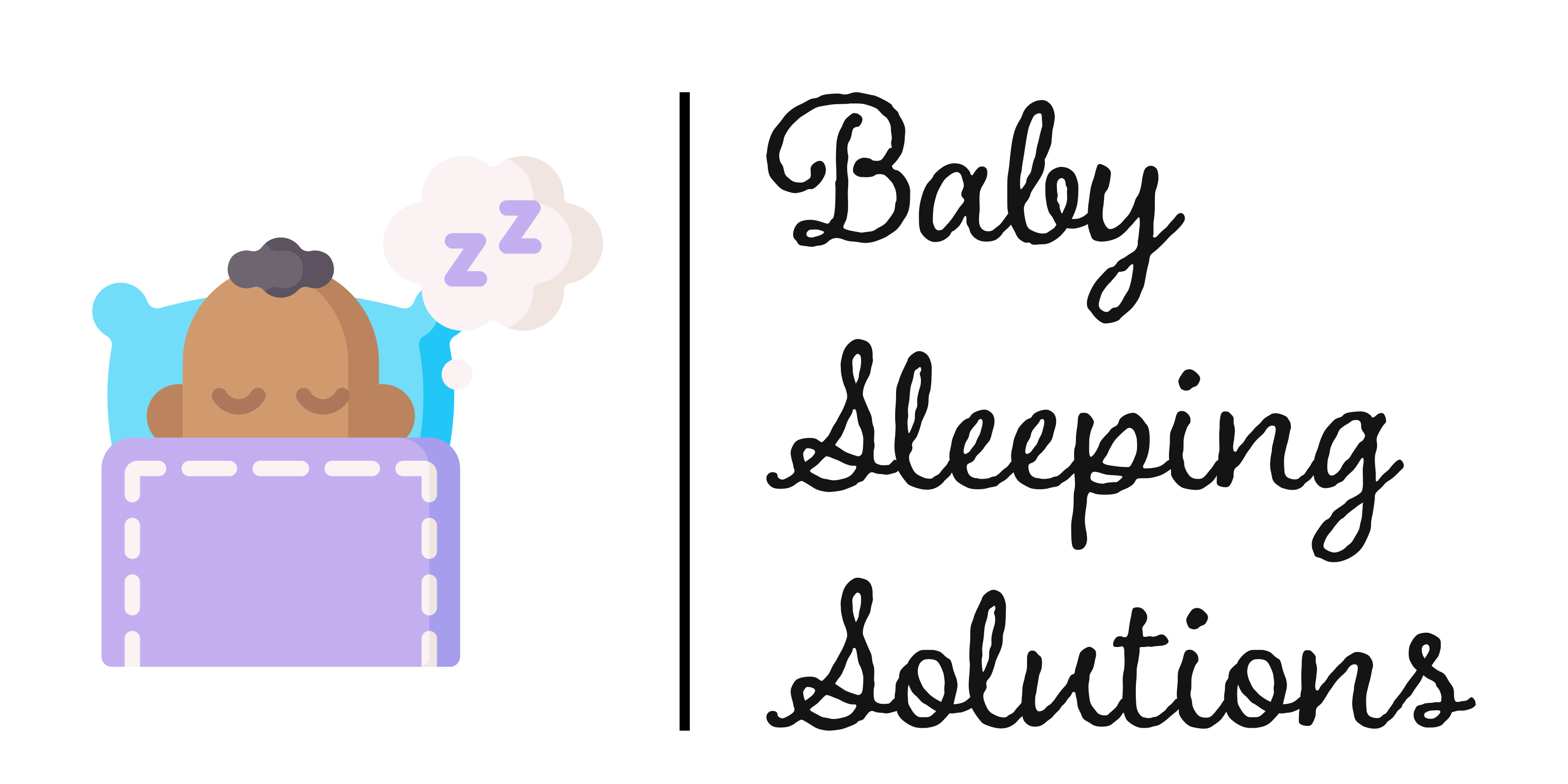Congratulations on reaching the 8-month milestone with your little one! This stage is filled with discoveries, and sleep training becomes a crucial aspect of your baby’s development. Let’s dive into a comprehensive approach to navigate nighttime and establish healthy sleep habits for your 8-month-old.
***Learn The SECRET To Solving Baby Sleep Problems***
Understanding Your 8-Month-Old’s Sleep Journey
As your baby continues to grow, their sleep patterns evolve. Understanding these changes is essential for crafting a comprehensive sleep training plan.
1. Creating a Sleep-Conducive Environment
Crafting a sleep-friendly space contributes significantly to your baby’s overall sleep experience.
a. Comfortable Sleep Setting
Maintain a comfortable room temperature, ideally between 68-72°F. Consider using blackout curtains to create a dark environment, promoting better sleep quality.
b. Safe Sleep Practices
Adhere to safe sleep guidelines by placing your baby on their back in a crib with a firm mattress. Remove soft bedding and toys to reduce the risk of Sudden Infant Death Syndrome (SIDS).
2. Encouraging Self-Soothing
Around 8 months, babies are capable of developing self-soothing skills. Encourage this by placing your baby in the crib when drowsy but still awake. This fosters independence and helps them learn to settle back to sleep on their own if they wake up during the night.
Night Wakings and Soothing Strategies
Night wakings are common at 8 months, and responding with sensitivity is crucial.
1. Responsive Soothing
When your baby wakes at night, respond with comfort and reassurance. Offer a gentle touch, soothing words, or a quick check-in to let your baby know you’re there.
2. Encouraging Self-Soothing
Encourage self-soothing by allowing brief periods before intervening. This gradual approach helps your baby develop the skills to settle back to sleep independently.
Consistency and Patience: The Pillars of Success
Regardless of the specific sleep training method you choose, consistency and patience are paramount.
1. Monitoring Progress
Keep a sleep journal to track your baby’s sleep patterns, noting bedtime, wake times, and any night wakings. This journal serves as a valuable tool for assessing progress and making informed adjustments.
2. Seeking Support
If challenges arise or you have concerns about your baby’s sleep training progress, consult with your pediatrician. They can provide personalized guidance based on your baby’s unique needs and developmental stage.
Celebrating Restful Nights: A Well-Rested Family
As you navigate the world of sleep training with your 8-month-old, celebrate each night of progress and the milestones achieved. Each restful night is a testament to your dedication and your baby’s growing ability to embrace healthy sleep habits. May the nights ahead be filled with sweet dreams for your little one and moments of rejuvenation for you, creating a well-rested journey for the entire family.

